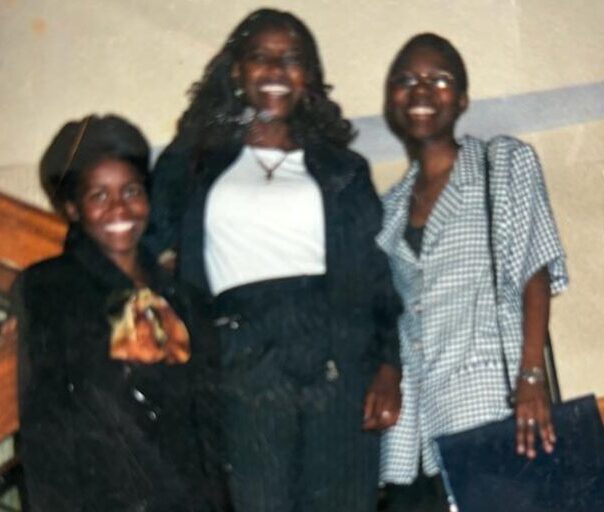On a recent long flight, I watched the movie “Kipchoge “The Last Milestone. If you have not yet watched it, I highly recommend that you do. The movie follows the Kenyan world marathon runner Eliud Kipchoge as he prepares to make history by running the marathon in under 2 hours. As he made history on 12th October 2019 Kipchoge said “I am running for humanity, I want to remove that click in every human’s mind that no human is limited. We are all human beings, and we try to show other human beings that you can do it! I want to send a message to the minds and to the blood of all the human families in the world, be it runners, lawyers, teachers engineers all kinds of human families in this world that no human is limited.” Kipchoge had already established the world record, but he had a career goal and that was to inspire people and he achieved that goal. There are many lessons in the movie, but I found two that resonated with me:
- We can and we must challenge our own preconceived limits and those of others: Running the marathon in under 2 hours had been labeled impossible but Kipchoge believed that he could do it and he set it as a goal. When he succeeded, he bust that myth and proved that nobody knows what a human can achieve therefore nobody can place a limit on your goals except your mind. Yes, that goes for your career goals too! There are times during the goal setting coaching session when a coachee is setting pre-conceived limits on their goals by telling themselves that they can only achieve major career milestones after a longer than necessary period or they feel they cannot get a job as a “Director” yet then we have to take a step back and work through the imposter syndrome and limit busting exercises.
2} A support system is key to any success: Kipchoge had 9 pacemaker teams that helped him run that race. When there was 500 meters left the pacemakers dropped off and let him finish by himself and take the limelight. At the end of the finish line his wife was waiting for him and celebrated the making of history. We all need that kind of support system. We need a tribe that will run the journey with us and step back to cheer us on when we succeed. We need Accountability partners that will remind us of those goals that we set and nudge us back on track. We need friends that sit at our table and support our dreams over a cup of tea. We need a family that will pull us up when we stumble and celebrate the wins with us! In the HUMHR career coaching programs we share a lot about accountability partners and a support system when navigating professional goals whether it be a job search, career transition, lay off, promotion, whatever phase of your professional journey you are going through a support system is key.
As I watched the movie, I was reminded of my January read “The light we carry” by Michelle Obama where she talks about a Harvard research that had volunteers carry heavy backpacks and made them stand at the bottom of the hill as if they were going to climb it. Half of them stood alone and the other half with a friend, the research showed that those with a friend perceived the hill less steep and the climb less of a struggle! Therein lies the strength we have in a support system.
Dedication
This blog post is dedicated to my friend the late Sichelesile Moyo-Ncube who sat at my table and I at hers for over 25 years. Who supported me through the bad and celebrated with me through the good. Who, when I started my coaching business was one of my first clients. Whose last act of kindness to me was to support my coaching business by a referral. My table is so much poorer without her sitting at it!
*The featured image at the top is a blast from the past – University days! From left to right: Batje, Char, Che








